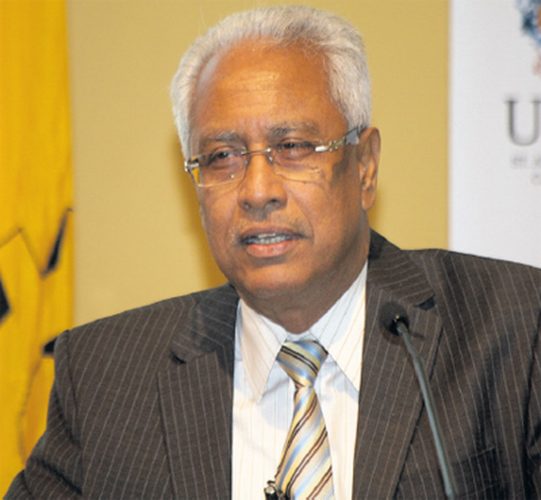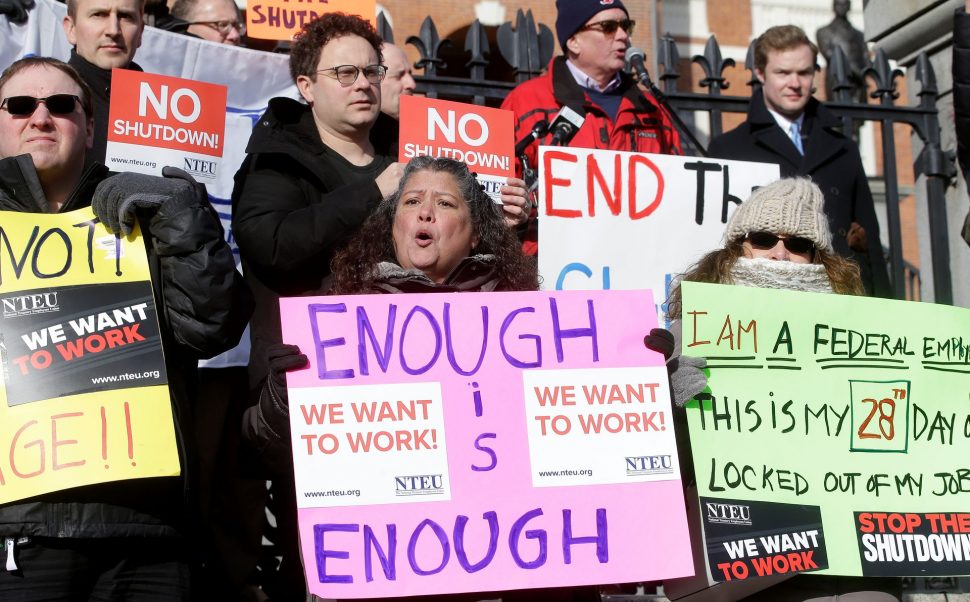(Trinidad Guardian) As the longest-ever government shutdown in United States history continues, there are warnings that T&T and other countries in the Caribbean could be affected.
Economist Dr Ronald Ramkissoon said the shutdown can create greater economic uncertainty in the region and he is urging this country’s foreign affairs officials to pay closer attention to issues which might directly affect trade and immigration.

“While the world, the Caribbean included, is more and more turning to developed economies for trade, dependence on North America and Europe is still critical for this region. As such, if the situation in the US worsens there will be implications for the Caribbean,” he said.
Ramkissoon said while in the short term there might not be any significant impact, over the long term, foreign direct investment (FDI) and other areas of the Caribbean and T&T’s economy can be affected.
“The developed world is still struggling to achieve strong and sustainable growth and failure in fiscal management in the US can only make the situation worse for that country and all its trading partners,” he said.
CEO of the T&T Chamber of Industry and Commerce Gabriel Faria said as the shutdown continues it’s inevitable that it’s going to have an impact on those conducting business with the various federal authorities in the US.
“Especially many of the smaller countries like us where we need to get approvals for visas and for agricultural imports. We hope they will come to some sort of arrangement soon because this could affect our business arrangements.

“I know many people are actually rearranging their travel in the US,” Faria said.
He said Chamber have members have expressed concern about the effect the shutdown is having on their businesses, including appointments with federal authorities.
Political stakes are high in the US as the shutdown moves into a fifth week, with hundreds of thousands of federal workers going without pay and no outward signs of resolution.
The shutdown began on December 22 when the United States Congress and President Donald Trump could not agree on an appropriations bill to fund the operations of the federal government for the 2019 fiscal year or a temporary continuing resolution that would extend the deadline for passing a bill.
It stemmed from an impasse over Trump’s demand for US$5.7 billion in federal funds for a US–Mexico border wall.






